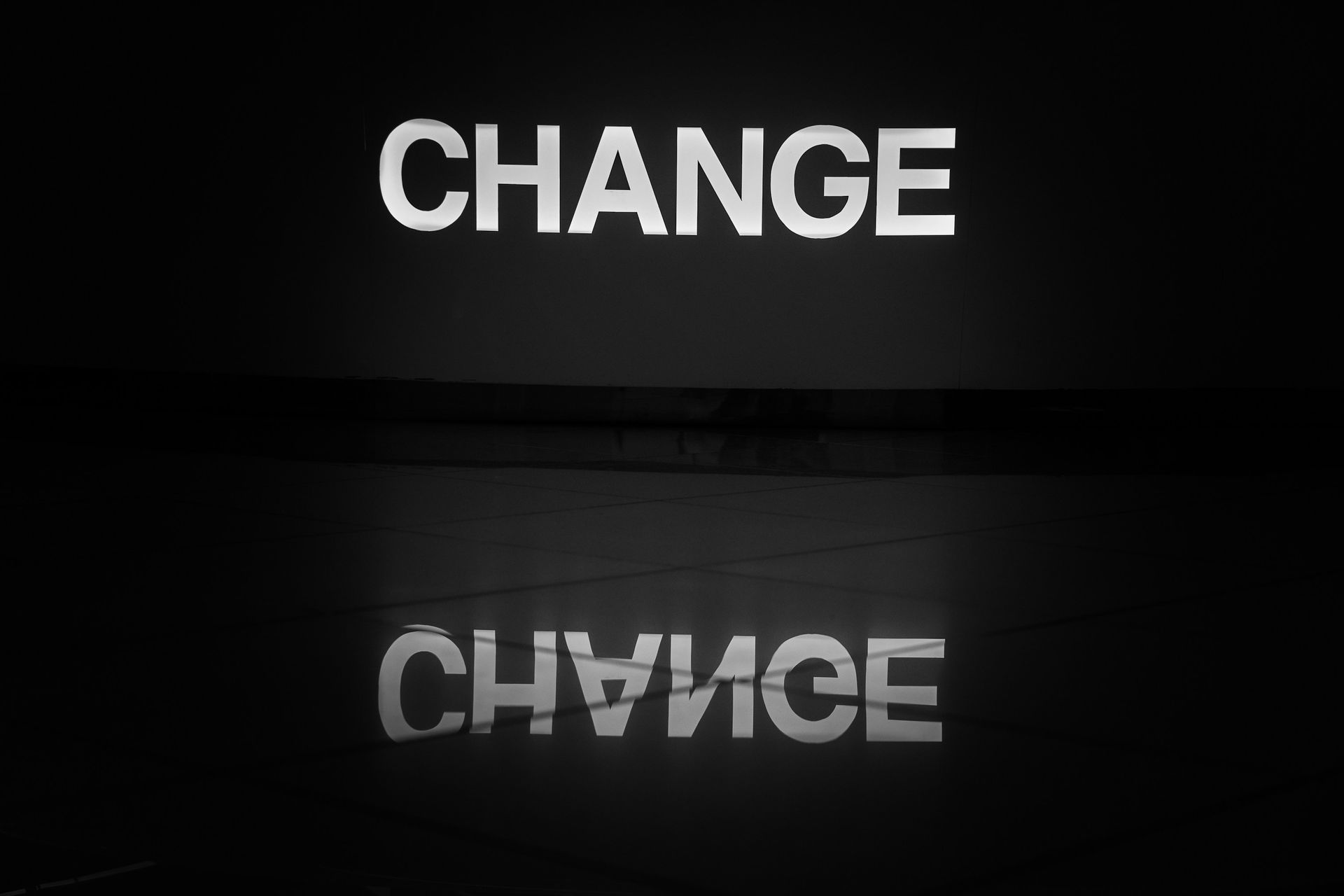Why Use A Scorecard for Making Better Hiring Decisions
When it comes to hiring, we are all biased, emotional, and inconsistent, especially when interviewing. As a result, decades of research has found, the validity or predictive power of a typical unstructured job interview is around 20%, meaning that only one in five interviews increases the baseline odds that a hired candidate will be successful.
What doesn't help the perception of on'es ability to hire well is that most businesses don't measure the success of hiring managers in their ability to select the right candidates. It is also rare for individuals to hold themselves accountable for becoming better interviewers over time. By using a quantitative interview scorecard to evaluate the qualifications and suitability of job candidates, and by comparing interview-based predictions with subsequent performance on the job, it’s possible to boost your interview hit rate and the effectiveness of your process over time.
Unconscious, implicit associations or stereotypes create a problematic, non-level playing field for job seekers. The solution, according to some academics and practitioners, is to make people aware of their biases so that they are able to make more “objective” determinations about job applicant suitability. Asking all candidates a standard set of good interview questions can also boost the accuracy of the hiring process.
When a candidate ends up being successful, many people in a business believe and claim that they spotted her or his talent early on. And when a candidate does not succeed, suddenly it seems that the candidate was hired despite widespread doubts. Selective memory therefore makes it hard for us to accurately recall our impressions of candidates at the time we interviewed them, which in turn makes it hard for us to learn about our biases and to have an accurate assessment of how skilled we are as interviewers.
How can you improve your hiring hit rate?
An interview scorecard can provide a quantitative basis for comparison between interviewers, enabling you to validate your perceptions with your colleagues and learn where your ratings may be outside of the norm. By correlating your predictions with candidates’ actual performance on the job, you can also get quantitative feedback about your accuracy at assessing different criteria. Only by developing awareness of our own evaluative interview biases is it possible to correct them.
How to create a quick and easy to use scorecard?
To create an interview scorecard, write down ratings along five or so applicable criteria, and then periodically revisit them. Discuss and debate your candidate ratings with colleagues in order to assess and improve your individual and collective accuracy. You might learn that you are good at assessing technical ability, but less accurate in your evaluation of leadership skills. Or that a colleague is too lenient on some criteria and too stringent on others.



